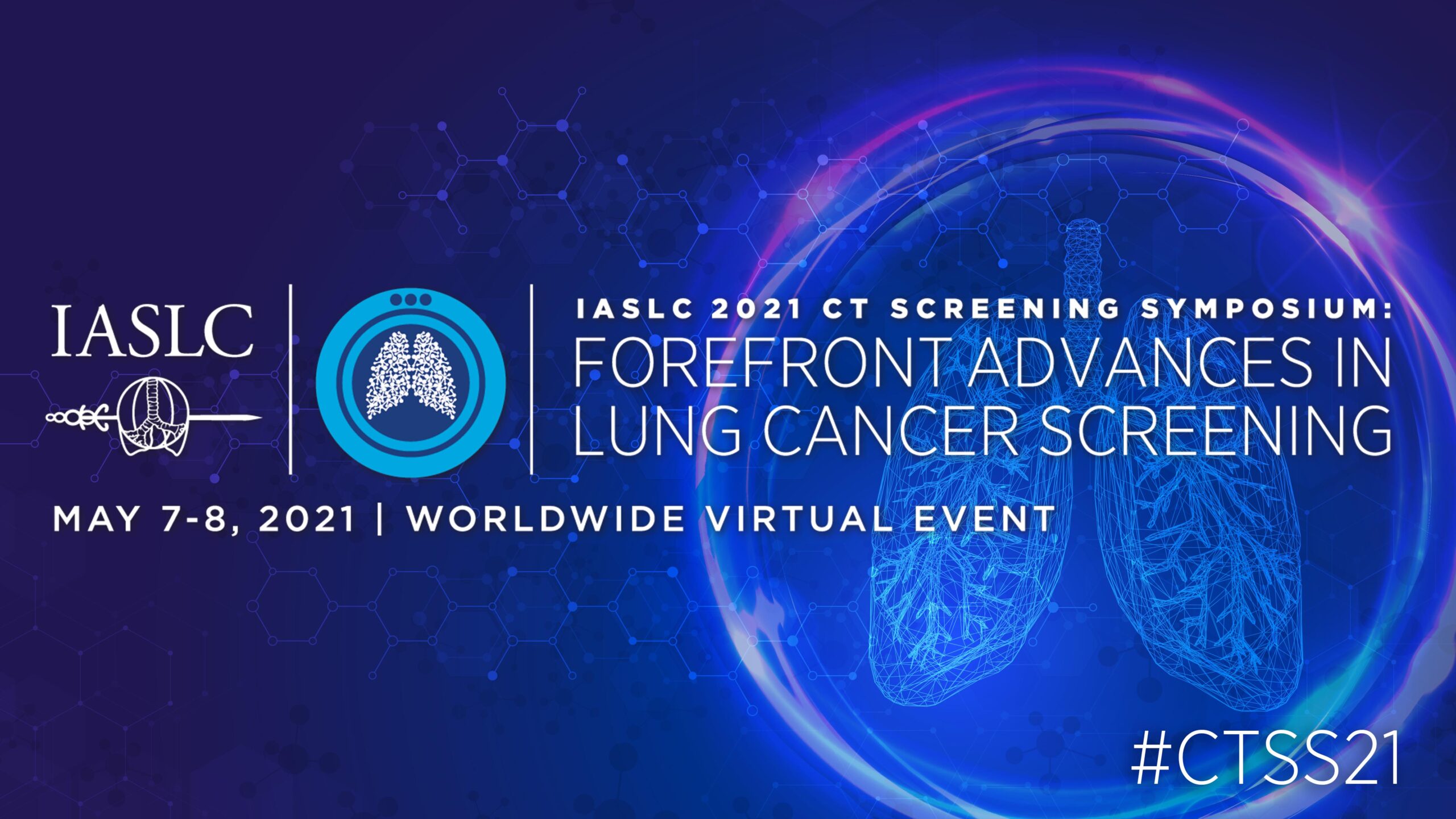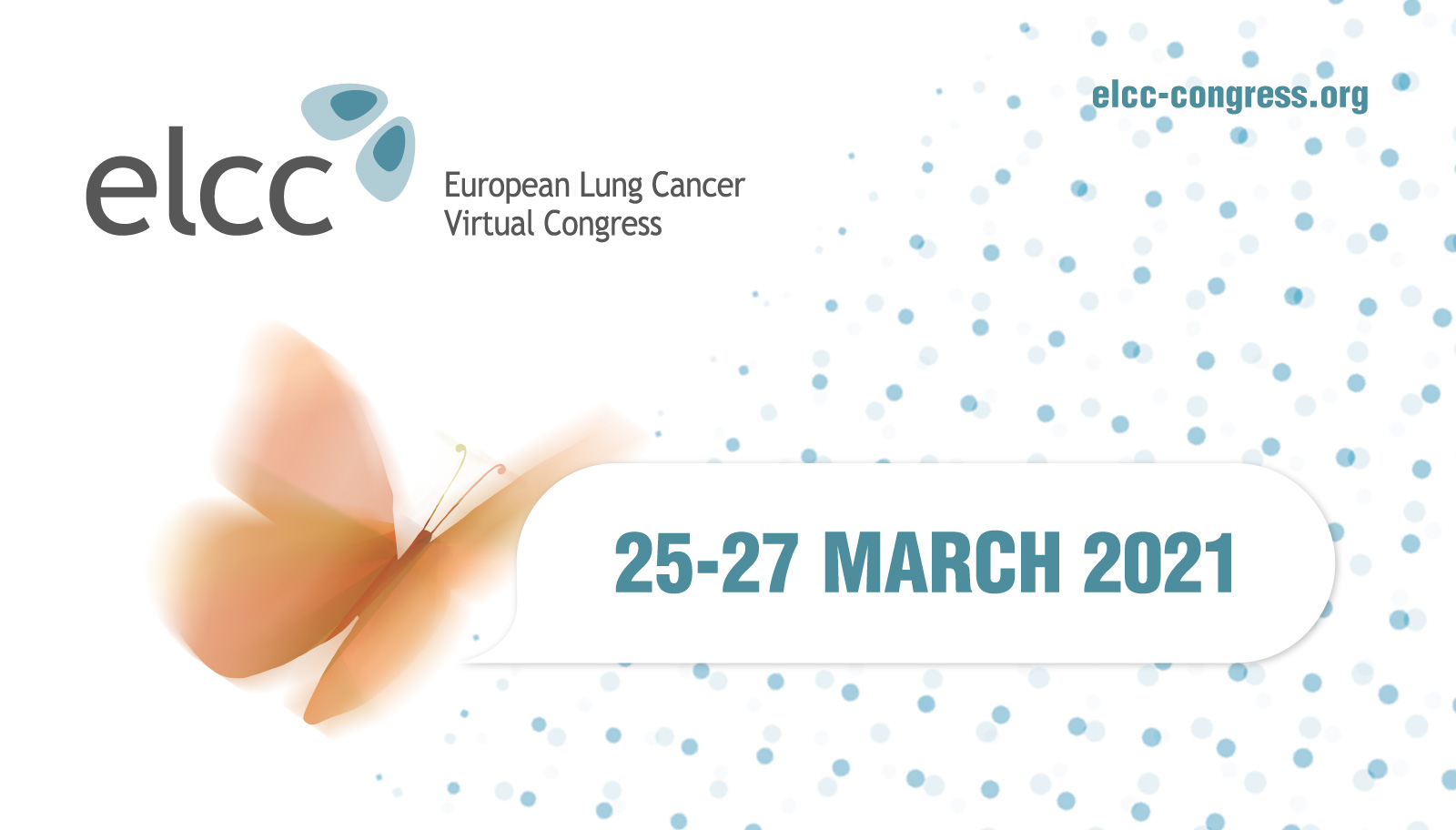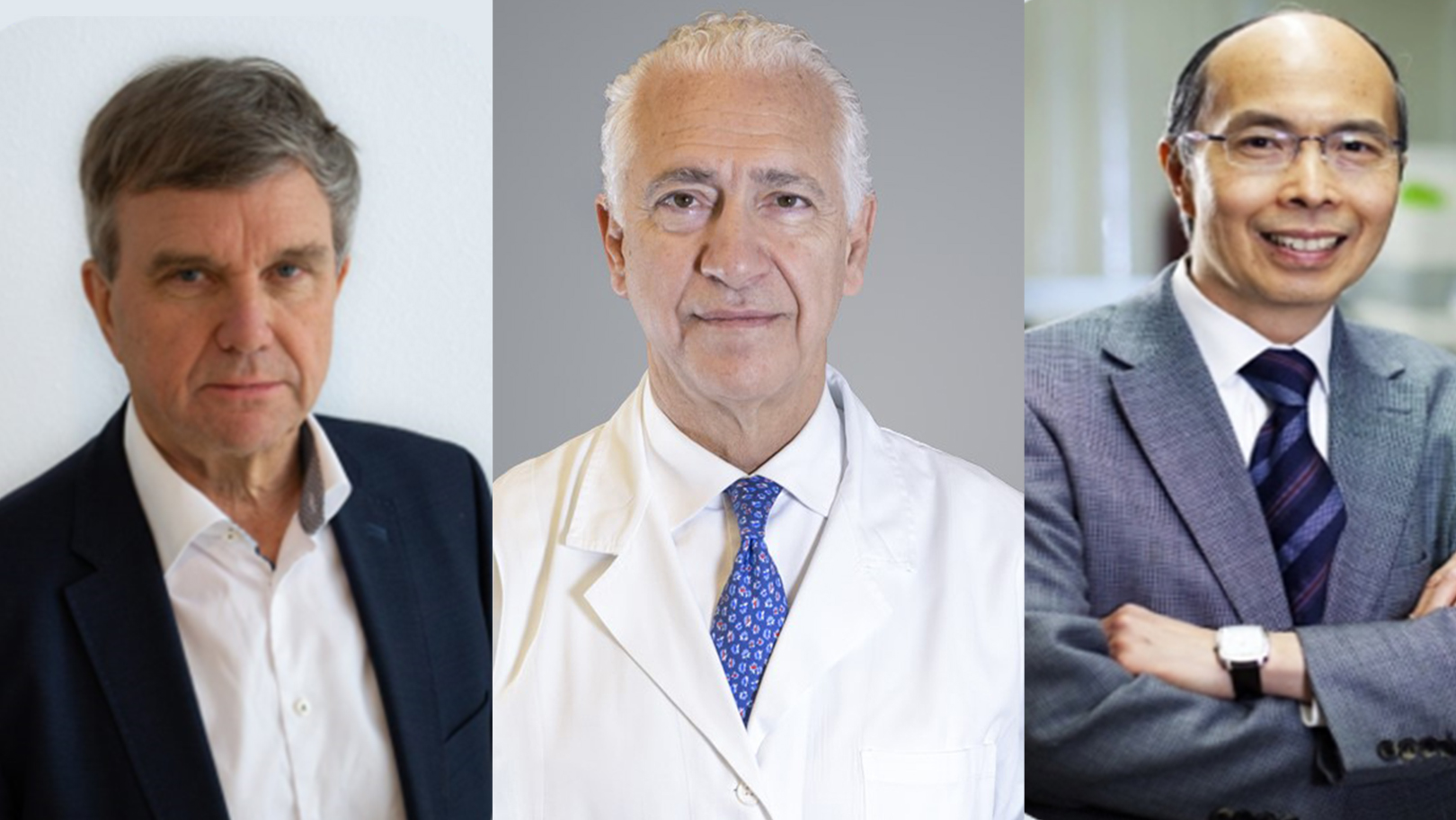-
Interim NADIM ADJUVANT Data Suggest Adjuvant Chemo-IO May Reduce Recurrence Risk in Patients Following Complete Resection
-
Final FLAURA2 OS Data Show Osimertinib Plus Chemo Offers Benefit Compared with Monotherapy
-
Potential Impact of GLP1-RAs on TKI-induced Weight Gain in Patients with NSCLC
-
No “Known” Risk Factors: The Health Consequences of Radiation Therapy
-
Discussion Covered Updates, Strategies, and Controversies in Lung Cancer Staging
-
No PFS, OS Benefit Seen in Final Results from PACIFIC-2
-
WCLC Attendees Hear Preview of Proposed Changes for the 9th Edition of the TNM Staging Classification for Thoracic Cancers
-
Treatment of Immunotherapy-Related Dermatologic Toxicities: An Interview with Dr. Mario Lacouture
-
A Holistic Approach to Patient Care
Meeting News
-
Prolonging CT Screening Intervals is Deemed Safe in Individuals with Negative Baseline Results
In his May 7 presentation “Advance Lung Cancer Screening Globally,” Dr. Pastorino, co-chair of the CT Screening Symposium and director of the Thoracic Surgery Division at the Istituto Nazionale Tumori in Milan, discussed the MILD, BioMILD, and SMILE trials. He also is chair of the IASLC’s Screening and Early Detection Committee.
-
A National Network Provides a Window into Lung Cancer Screening Trends, Successes across the United States
Now that the positive impact of lung cancer screening on mortality and morbidity is irrefutable, there is an obvious need to find new ways to overcome consistent challenges with implementation […]
-
Olaparib Maintenance Did Not Improve PFS, OS in Platinum-Sensitive NSCLC
The PARP inhibitor olaparib did not improve PFS or OS compared with placebo when used as a maintenance therapy for patients with platinum-sensitive NSCLC, according to results of the phase […]
-
CheckMate 9LA Combination Effective in Advanced NSCLC Despite PD-L1 Expression, TMB Status
A higher tumor mutational burden (TMB) was associated with improved PFS and overall response rate for patients with advanced NSCLC treated with nivolumab plus ipilimumab plus chemotherapy compared with chemotherapy […]
-
PACIFIC-R: Findings Reflect Clinical Reality of Consolidation Therapy in Stage III NSCLC
The real-world assessment of durvalumab in patients with unresectable stage III NSCLC in the PACIFIC-R trial has highlighted important differences between this population and that of the original randomized […]
-
Symposium Chairs Reflect on Current Status, Next Steps for Lung Cancer Screening on a Global Scale
It has been documented and accepted that lung cancer screening saves lives by detecting disease in high-risk individuals at earlier stages, making the disease more treatable and leading to improved […]
-
The “Holy Grail” of Lung Cancer Research: Bring the Immune System into Every Tumor
With multiple new therapies available, Prof. Johan Vansteenkiste says the search is on for biomarkers to better match patients to treatments.
-
Could the Daunting Biology of Small-Cell Lung Cancer Provide the Key to Elucidating Drug Resistance?
At ELCC 2021, Prof. Fiona Blackhall sees hope for improving patients’ poor prognoses on the horizon.
-
Statistical Design Flexibility Versus Optimism: The Example of KEYNOTE-604
In the era of targeted treatments and immunotherapies, it is relatively common to address multiple questions in a single phase III clinical trial. These questions often involve using more than […]
-
University of California, Davis, Thoracic Oncology Innovation Group to Again Host Latin American Oncologists for 3-Day Preceptorship
David R. Gandara, MD, past-president of the IASLC and director of Thoracic Oncology and senior advisor, UC Davis Comprehensive Cancer Center (UCDCCC), has always had a passion for mentorship, largely […]














